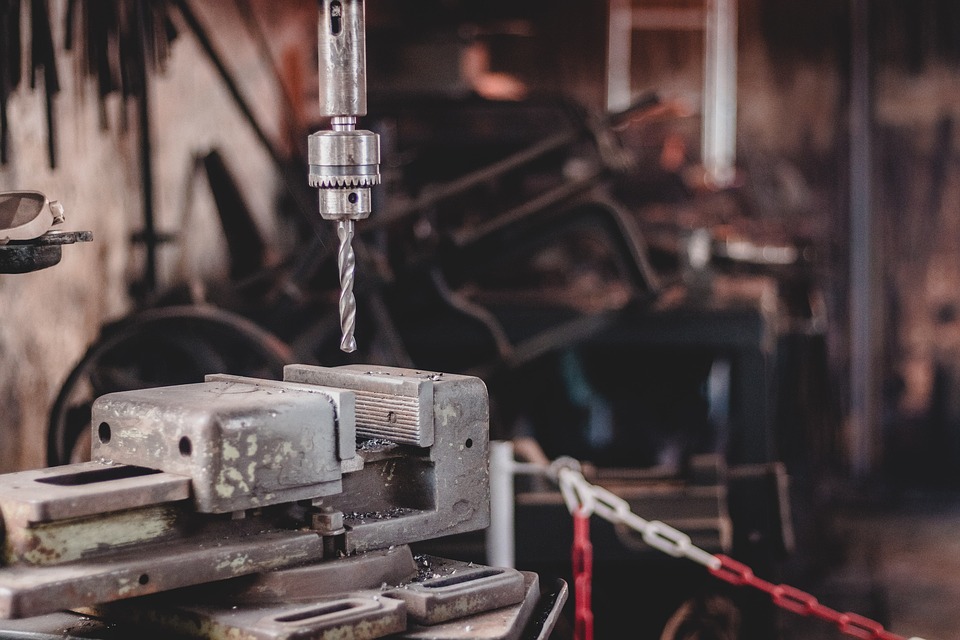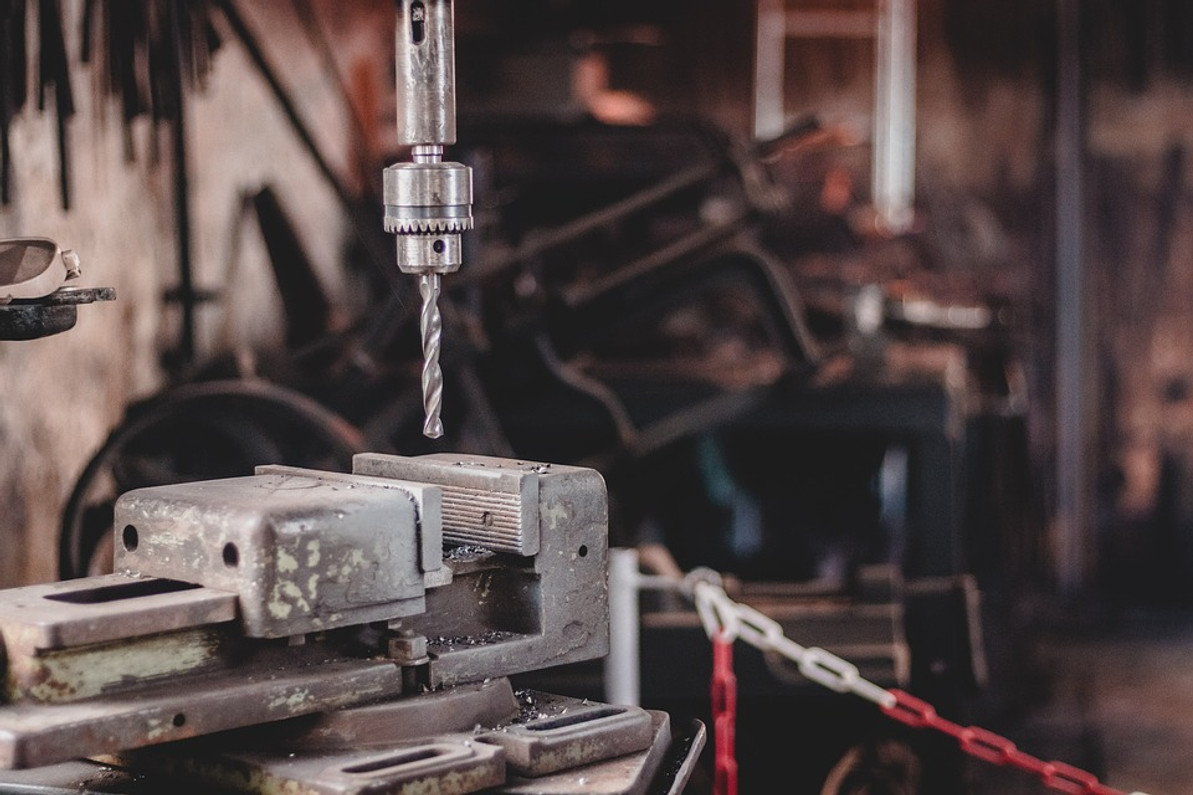How to Improve the Air Quality in Your Workplace

When you think of common safety hazards in the workplace, indoor air pollution probably isn't at the top of your list. After all, how many workers are really injured or succumb to illness due to air pollution? Well, the answer may surprise you.
According to the Environmental Protection Agency (EPA), indoor air pollution is one of the top five environmental health hazards. Every year, thousands of workers are exposed to dangerous levels of indoor air pollution, increasing the risk of respiratory disease and other related conditions. As an employer, it's your responsibility to create a safe working environment -- and this means reducing airborne pollution. So, what steps can you take to improve the quality of air in your workplace?
Maintain HVAC System
Assuming your workplace has a heating, ventilating and cooling (HVAC) system, you should have it inspected and maintained by a professional HVAC technician on a regular basis. Clogged ducts, for instance, will restrict airflow and contribute to high levels of indoor air pollution. A professional HVAC technician can clean ducts to prevent this form happening in your workplace.
Change Air Filter
While technically a form of HVAC maintenance, it's still worth mentioning that you should change the air filter in your workplace at least once every 60 days. Air filters are designed to catch and hold particulate matter from the air, preventing it from circulating throughout the workplace. When a filter becomes dirty, however, more particulate matter will pass through. Additionally, air will slow down at the filter due to the buildup of this particulate matter, forcing your HVAC system to consume more energy.
Add Plants
No, that's not a typo. Adding plants can actually improve the air quality in your workplace. You see, plants filter dust, bacteria, mold and other impurities from the air while also releasing fresh oxygen. In 1989, NASA even conducted a study to determine which common houseplants were most effective at filtering the air. Known as the Clean Air Study, it offers valuable insight into the top air-purifying plants.
Choose Natural Cleaning Products
Finally, you can promote cleaner air in your workplace by using natural cleaning products. Rather than cleaning surfaces with bleach, for instance, consider using vinegar. Vinegar is a safe, effective and all-natural cleaning solution that works great for a variety of surfaces. Best of all, you can purchase a bottle of vinegar for just a couple bucks, whereas commercial-grade cleaning products often cost several times more.
Recent Posts
-
Fire Safety in the Workplace: What You Need to Know
What steps are you taking to prevent fires in your workplace? According to the U.S. Occupational Saf …Aug 23rd 2023 -
Is It Safe to Go Jogging With a Cold Infection?
If you're suffering from a cold infection, you might be wondering whether it's safe to go jogging. T …Aug 22nd 2023 -
5 Safety Tips to Follow When Using a Powder-Actuated Tool
Powder-actuated tools are commonly used to join materials to steel and concrete. Also known as Hilti …Aug 20th 2023




